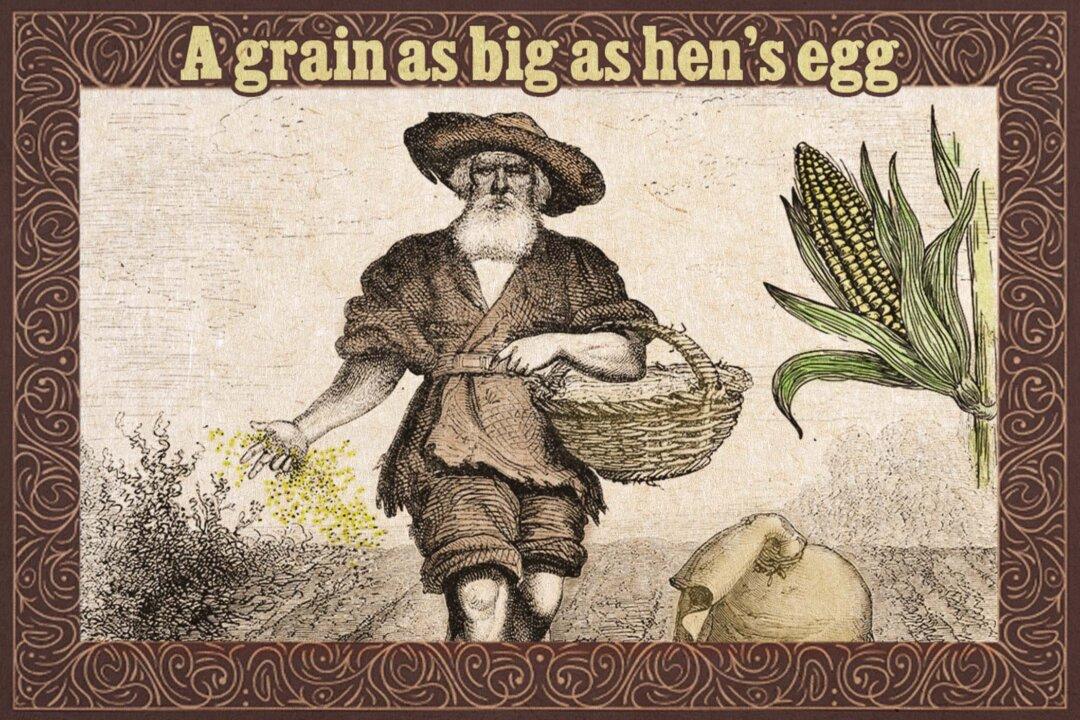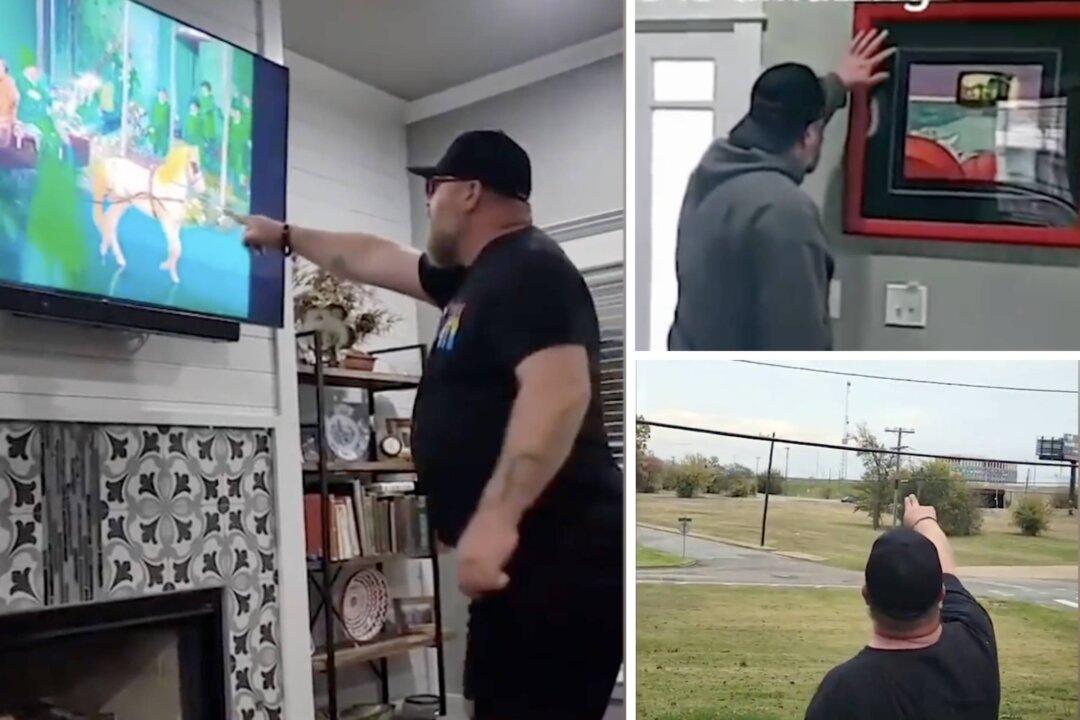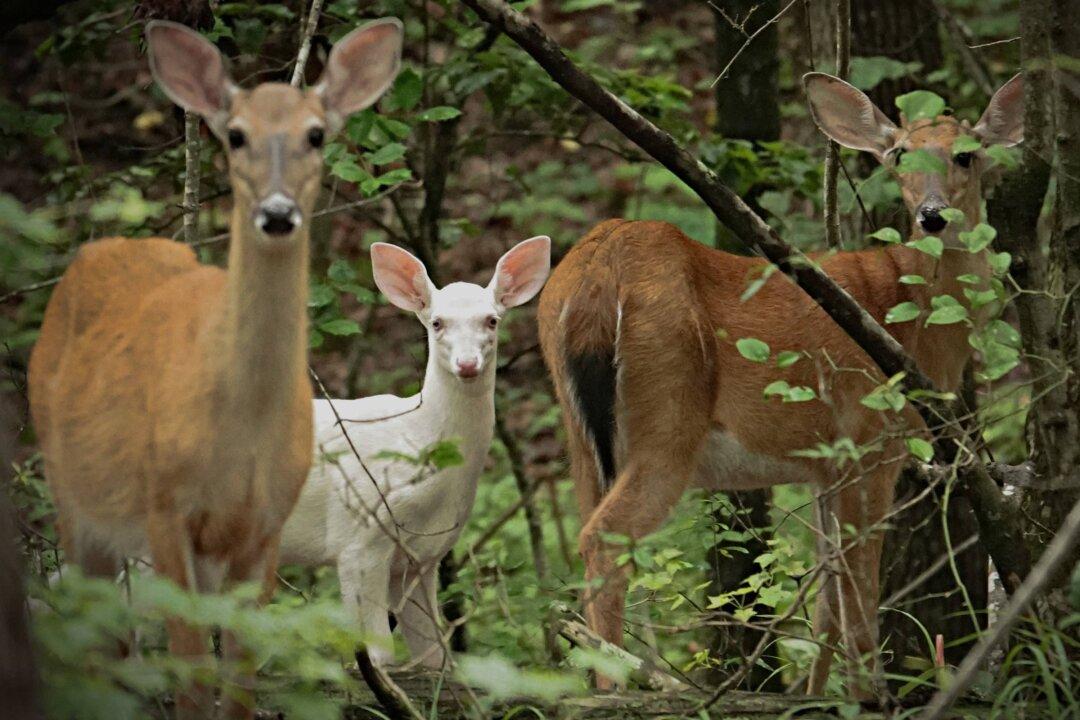Our “Tales of Wisdom” series aims to highlight important morals and inspire a cherishing of the age-old virtues that can uplift our souls and help us return to tradition. We hope you will enjoy reading this.
The saying “good begets good and evil begets retribution” has been passed down for ages. People of faith—and our ancestors—have said that those who uphold morality and tradition accumulate blessings not only for themselves but also for future generations.






